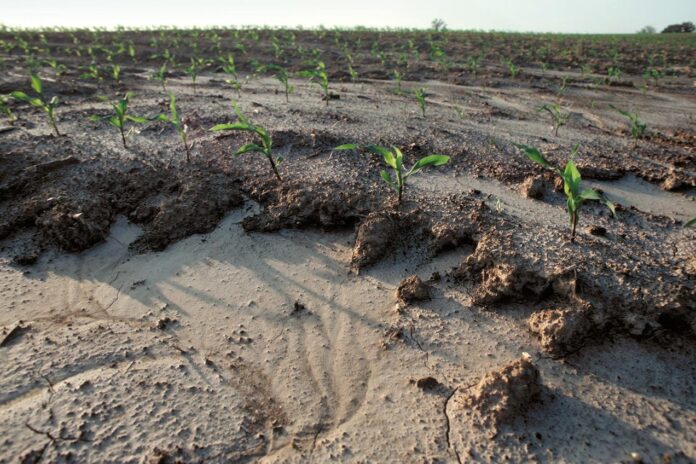What is soil conservation?
Soil conservation is a combination of practices to protect the soil from degradation. It involves treating soil as a living ecosystem and continuously returning organic matter. This approach helps maintain the soil’s health and its ability to support plant growth.
Soil is not just a medium for plant growth; it is a vital resource for food production and a habitat for various organisms. These organisms aid in maintaining the soil’s structure and fertility, which are crucial for sustainable agriculture.
Read also: Change to Conservation Agriculture : Increase yields and improve farmlands
The Importance of Soil Conservation
Soil degradation destroys the primary medium for food production, causing potential food shortages. Therefore, preserving soil health is paramount to ensuring the continued availability of food.
Best Practices for Soil Conservation
- Practice No-Till Farming
No-till farming involves leaving crop residue on the soil surface rather than ploughing it under. This practice reduces the risk of soil erosion by rain and wind and helps retain nutrients for plant growth. Additionally, it enhances the activity of beneficial soil organisms by not disturbing the soil. This method is particularly advantageous in preserving soil structure and moisture, which are critical for crop productivity. Farmers adopting no-till farming also benefit from reduced labour and fuel costs, making it a sustainable and cost-effective practice.
- Grow Cover Crops
Cover crops protect the soil surface from erosion and improve soil health by enhancing the activity of soil organisms. Leguminous cover crops, in particular, boost the soil’s nutrient content, making them an excellent choice for sustainable farming. Cover crops like clover, vetch, and radish can be planted during off-seasons, providing continuous ground cover and preventing soil erosion. They also improve soil aeration and water infiltration, creating optimal conditions for subsequent crops. By fixing nitrogen in the soil, leguminous cover crops reduce the need for synthetic fertilizers, promoting environmentally friendly farming practices.
Read also: 10 Benefits of Cover Crops
- Practice Contour Farming
Terrace farming involves creating terraces on steep slopes, which slows down water movement and prevents soil erosion. This method is highly effective in areas with hilly terrain, ensuring that the soil remains intact and fertile. Terraces act as barriers that reduce the speed of water flow, allowing more water to soak into the ground rather than washing soil away. This technique not only conserves soil but also enhances water conservation, making it a dual-benefit practice. Implementing terrace farming requires careful planning and construction, but the long-term benefits for soil health and crop productivity are substantial.
- Practice Contour Farming
Contour farming is similar to terrace farming but on a smaller scale. In this practice, crops are planted following the natural contours of the landscape. This technique slows down water flow, reduces soil erosion, and helps in water conservation. By planting along the contour lines, farmers create natural barriers that disrupt the flow of water, allowing it to percolate into the soil. This practice is particularly beneficial in reducing runoff and preserving soil moisture. Additionally, contour farming enhances soil fertility by minimizing nutrient loss, leading to healthier and more productive crops.
Conclusion
Soil conservation is essential for sustainable crop production. By implementing practices like no-till farming, growing cover crops, using terrace farming, and practising contour farming, we can protect our soil and ensure a continuous supply of food. These methods not only prevent soil erosion but also enhance soil fertility, water retention, and overall ecosystem health. Sustainable soil management is crucial for the long-term viability of agriculture and food security.
Now is the time for farmers to take action. Embrace these soil conservation practices to protect and enrich your land, ensuring bountiful harvests for generations to come. Together, we can secure a sustainable future for agriculture and our planet.


